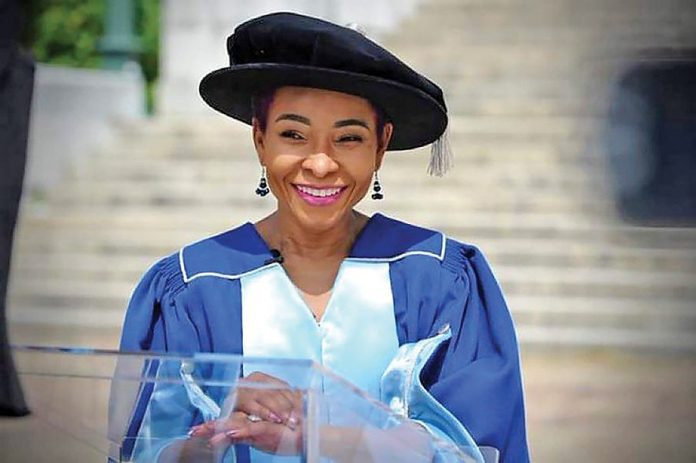When Dr Mamphela Ramphele became the vice-chancellor of the University of Cape Town (UCT) in 1997, little did she know that she was breaking a glass ceiling that would be hard to put back together?
And let’s face it, in a world dominated by toxic masculinity, the glass ceiling exists only for women, and in particular, black women.
Ramphele’s rise to the executive role at UCT inspired a generation of women and black people.
In that summer of 1997, Prof Mamokgethi Phakeng was the project manager of Vaal University’s Centre for Community Development and just obtained her master’s in mathematics at Wits University. In 2002, she would become the first black woman in South Africa to earn a PhD in mathematics education. And in 2018, she would succeed Max Price as UCT head honcho, walking through the door opened by Ramphele 21 years earlier.
Battered by grim headlines, horrifying unemployment statistics and deep uncertainty about the trajectory of the economy, a bit of good news goes a long way in keeping one sane and hopeful of the future. This is what the reappointment of Phakeng as UCT’s vice-chancellor represents for black women in academia – one of the most marginalised groups in the sector.
Phakeng has had her fair share of troubles at the institution, regarded as the continent’s finest higher education entity.
She has faced allegations of toxic man-management style, with those close to her alleging she was greeted by a hostile environment not conditioned for a black leader, and a woman at that.
But like all other consequential leaders, she stood firm on her principles and earned the support of 78% of the university’s senate for her to be reappointed.
In the Eastern Cape, the Nelson Mandela University Council has appointed Professor Sibongile Muthwa for a second term as the institution’s executive head.
The achievements and competence of these two accomplished black women, while they need to be applauded, must couch the long road that is still to be travelled to achieve the elusive gender equality in academia and society at large.
In a nation where the nauseating question “is the country ready for a woman president/chief justice?” has become the norm, society cannot rest on its laurels. Because ultimately, sexism, racism, and structural poverty have the same root cause: organised inequality.
It is damning that while South Africa has 26 public universities, only six women occupy the vice-chancellor’s hot seat.
A body of work shows that black women experience institutional barriers at every stage of the academic process.
Unisa’s first female vice-chancellor in its 149-year history, Prof Puleng LenkaBula, has had a baptism of fire, with her competence and suitability for the job questioned. Such is the lot for women in the corridors of power.
Adviser of higher education professional development at Stellenbosch University Dr Jean Lee Farmer writes about the plight faced by her peers in academia in an article published by The Conversation.
She suggests a few remedies, including that the government should amend legislation that views white women as disadvantaged to the same extent as black women, and that white woman should acknowledge the difference.
While universities lack visible discriminatory markings, they often use the false pretence of “merit” and “qualifications” as gatekeepers to maintain the status quo.
And we know too well that this is not unique to South Africa. Women of colour all over the world have their backs against the wall no matter the profession they choose to pursue.
The US often heralded as one of the world’s oldest democracies and a progressive country, is on the verge of having the first black woman associate justice at its apex court. It took the country 233 years to achieve this feat, and girls all over the world will draw inspiration from Judge Ketanji Brown Jackson – if she is confirmed for the position.
“Stay in the system, no matter how hard it is,” Phakeng told young black women researchers in 2019. “If you are a black African, get ready because it’s even harder. But don’t quit. Stay there. We need you. It’s tough, but if you quit, nothing will change,” she went on to say.
The call for “women on top” should be the lived reality of women across the country. And we as men must step aside and allow equality to take root in the spaces we find ourselves in.
For more business news and views from this week’s paper, click here.
Follow @SundayWorldZA on Twitter and @sundayworldza on Instagram, or like our Facebook Page, Sunday World, by clicking here for the latest breaking news in South Africa. To Subscribe to Sunday World, click here.



